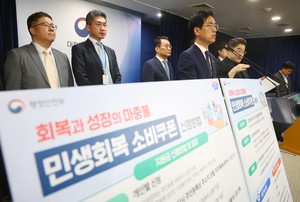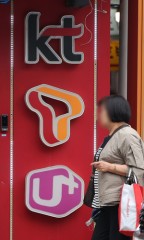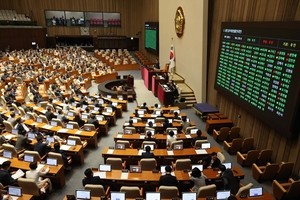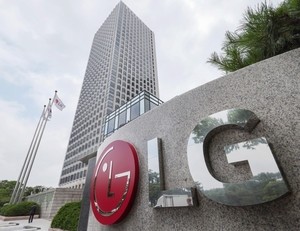Hanmi outpaces crosstown rivals with once-weekly GLP-1 shot, aiming for 2025 launch
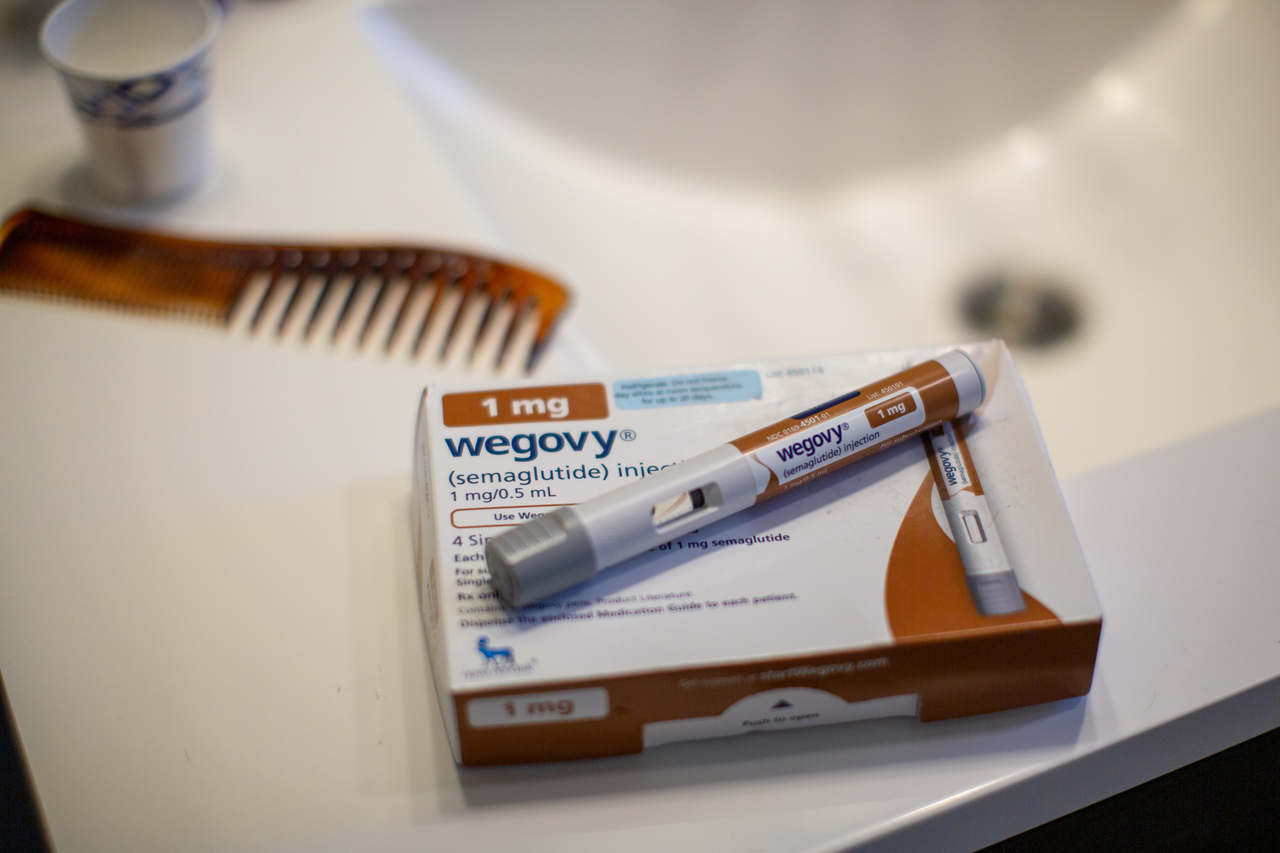
Korean pharmaceutical companies are rushing to develop their own alternatives to blockbuster weight-loss drugs like Novo Nordisk’s Wegovy and Eli Lilly’s Mounjaro, accelerating efforts to enter the booming obesity treatment market with competitively priced medications, improved tolerability and innovative delivery methods.
Hanmi Pharmaceutical appears to be leading the race so far, as it has been carrying out Phase 3 clinical trials of Efpeglenatide, a glucagon-like peptide-1, or GLP-1, drug that can be injected once a week, in Korea since January this year. The drug developer plans to complete the third and final clinical studies in September, eyeing the launch of the weight-loss medication in the second half of next year.
According to Hanmi, the drug uses a slow absorption method to offer improved tolerability and fewer gastrointestinal side effects. It also has reportedly displayed impacts in reducing cardiovascular and kidney disease risks by over 35 percent.
A Hanmi official said the price of its weight-loss drug is expected to be lower than the imported ones such as Wegovy, as it will be produced at the company’s local plant in Pyeongtaek, Gyeonggi Province.
Hanmi is also concentrating on developing next-generation anti-obesity drugs.
The company presented early-stage studies of new drug candidates HM15275 and HM17321 at the 85th Scientific Sessions of the American Diabetes Association held in Chicago in June. The findings for HM15275 show more rapid and effective weight loss in comparison to anti-obesity drugs currently available in the market, while patients on HM17321 have achieved fat loss and muscle gain at the same time.
“Hanmi’s research capabilities and development expertise in obesity and metabolic diseases are not only the best in Korea, but are increasingly recognized on the global stage,” said Choi In-young, head of R&D at Hanmi.
“As the global pharmaceutical landscape continues to shift toward obesity therapeutics, we will continue to strengthen our position as a true front-runner in this field.”
HK Inno.N obtained approval for an Investigational New Drug plan to conduct Phase 3 clinical trials of Ecnoglutide, a GLP-1 receptor agonist, in Korea from the Ministry of Food and Drug Safety. HK Inno.N got the license for Ecnoglutide from China’s Sciwind Biosciences last year, securing exclusive rights to develop and commercialize the drug candidate in Korea.
According to recently released findings of Ecnoglutide’s Phase 3 clinical studies in China, the drug demonstrated that people lost between 9 and 13 percent of their body weight on average after 40 weeks of treatment. HK Inno.N plans to complete Korean Phase 3 clinical trials by May 2028 to gear up for domestic commercialization.
While the administration of anti-obesity drugs has been mostly focused on injections, some drugmakers are turning to develop drugs that are easier to take.
Yuhan has partnered with Inventage Lab, a Korean biotechnology firm specializing in long-acting injectables, to develop IVL3021, a GLP-1 type medication that only requires an injection once a month, unlike the market-leading Wegovy’s weekly dosage. They are also developing IVL3027, a Semaglutide-based oral medication candidate to help people lose weight, by using Inventage Lab’s microsphere technology to maintain the stable release of the drug.
Ildong Pharmaceutical’s research and development company Yunobia is also developing an oral GLP-1 receptor agonist-based oral medication candidate code-named ID110521156. According to its recently released findings, Phase 1 clinical studies showed that obese participants achieved an average 6.9 percent weight loss over a four-week period, with a maximum weight cut of 11.9 percent.
Daewon Pharmaceutical joined hands with local microneedle technology firm Raphas to develop DW1022, a weight loss patch candidate. After obtaining health authorities’ approval for a Korean Phase 1 clinical trial in March last year, the company recently completed first phase studies while showcasing excellent tolerability and safety. Daewon Pharmaceutical said the patch-type drug candidate using Semaglutide, the main component of Wegovy, showed biological equivalence with the control group that used Wegovy with no differences in safety.
According to Morgan Stanley, the global market for obesity medications posted approximately $15 billion in sales last year and could reach as high as $150 billion in 2035. Worldwide market intelligence estimates that about 11 percent of the global population, or 1.3 billion people, could be eligible for anti-obesity drugs, with adoption rates among those eligible currently only at about 3 percent in the US and 1 percent in other countries.
“The adoption of weight-loss drugs is likely to accelerate in a pattern similar to structural changes in the technology cycle, such as the introduction of smartphones,” Morgan Stanley noted in a report. “Patients’ use will increase as they become more familiar and comfortable with the new products and as manufacturers address hurdles in production, distribution and regulatory issues.”
hwkan@heraldcorp.com

